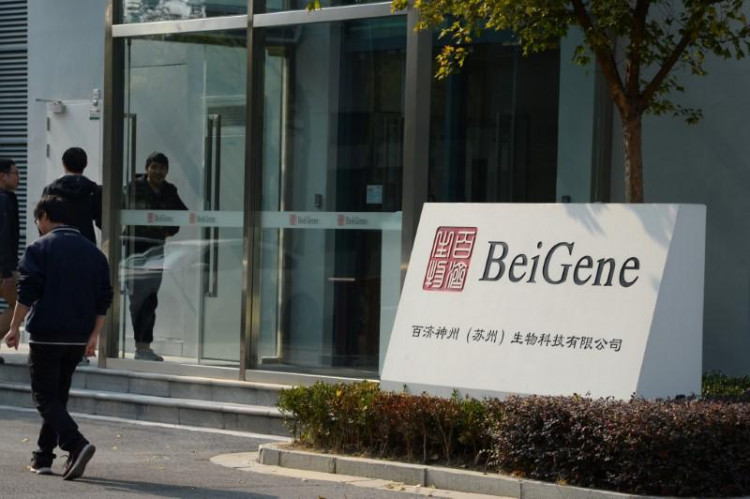A breakthrough cancer treatment developed by Chinese biotechnology firm BeiGene Ltd has just received approval from regulators to treat a specific type of cancer. The company announced on Saturday that its anti-PD-1 antibody immunotherapy tislelizumab is now approved for treating patients suffering from advanced or metastatic urothelial carcinoma, a common type of bladder cancer.
The approval for treating the disease comes just months after the same drug was green-lit to treat classical Hodgkin's lymphoma by the China National Medical Products Administration (NMPA). The regulator approved the use of the drug for the disease based on several clinical trials, which included single-arm, multi-center pivotal Phase 2 trials of patients in South Korea and China.
The regulator's review committee found the drug to have adequate and encouraging efficacy and safety to treat the common type of bladder cancer. The test results showed that the objective response rate (ORR) was 24.8 percent, while the complete response rate (CR) stood at 9.9 percent.
Fudan University Shanghai Cancer Center vice-president, Ye Dingwei, mentioned in a statement that the approval of the treatment was good news for patients given that those suffering with advanced urothelial carcinoma have very limited treatment options. With the drug now available, patients and oncologists will now have another treatment in their arsenal.
BeiGene is currently running a broad development program for the treatment, which includes 15 different trails simultaneously taking place globally. The company hopes that tislelizumab could be used to treat cancers that affect the lung, liver, nasopharyngeal, gastric tract, esophageal, and MSI-H cancers.
Jonh Oyler, the founder and CEO of BeiGene, stated that tislelizumab's latest approval was its third successful application over the past five months. He added that it is a significant accomplishment for the company and a validation of all of their hard work in developing the treatment.
Oyler hopes that tislelizumab will become a broad treatment to help patients suffering from different types of cancers. The company remains positive on the outlook for its immunotherapy treatment and is looking forward to further approvals. As of the moment, tislelizumab is not yet approved for use outside of China but the company has already submitted approval applications to regulators in various regions.
Similar to other immune checkpoint inhibitors, tislelizumab may still cause immune-related side effects. These include possible diarrhea, pneumonitis, colitis, endocrinopathies, hepatitis, and adverse skin reactions. The company stated that they had also observed rare reactions such as nephritis, pancreatitis, myocarditis, and myositis in some patients.






